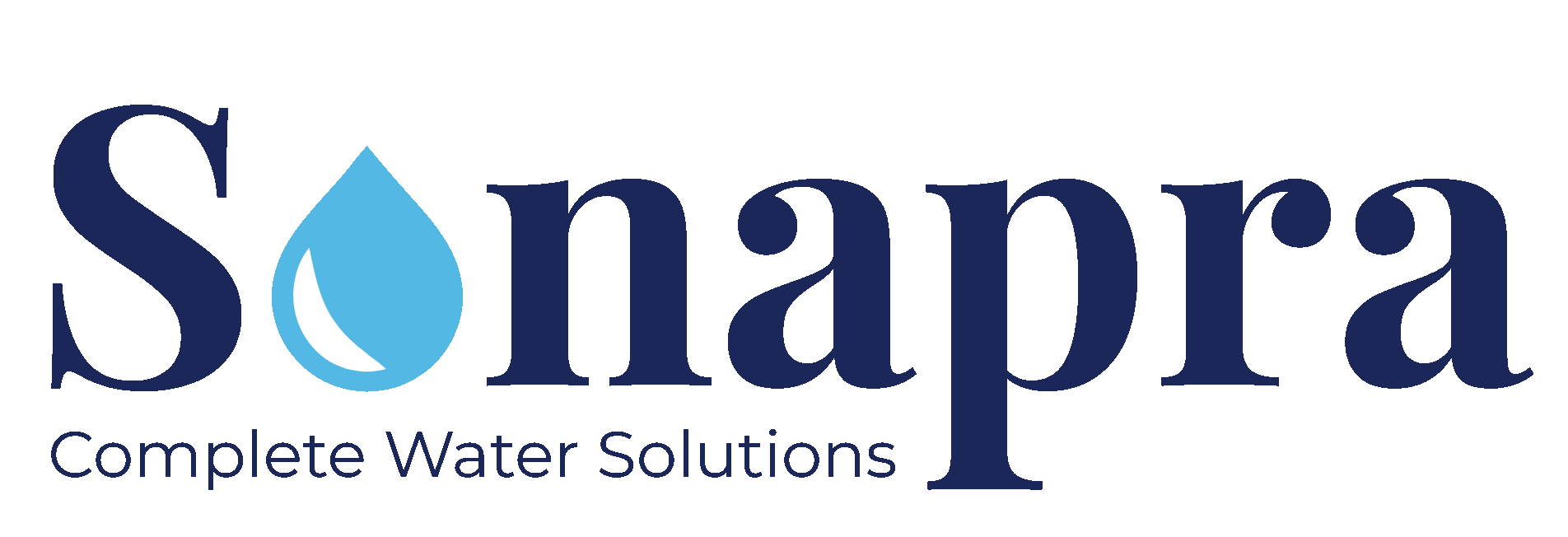CSR Solutions
Partner with us and together we can make real change happen at a larger scale. To further our mission and commitment to making the world a better place, we offer comprehensive turn-key water filtration projects to provide low-cost, safe, treated water to rural communities, schools and hospitals. We invite multinational corporations and charitable organisations to work with us as part of their CSR and public health initiatives to help make these projects a reality.
Providing access to clean water is the number one cause that global consumers care about. Put your company at the heart of something special and invest in a community water project that provides a stepping stone for development and produces a ripple effect that has the power to transform lives forever. Water is the best investment companies can make to reduce disease, increase family income, keep girls in school, and change lives.
Choose the scale of your impact, starting with communities of 500 people and ranging upwards to your desired number; we help you identify communities that are most in need and do everything from borehole drilling, water treatment, machine installation, electronic dispensing to regular maintenance and raising awareness within the community. We are transparent about our processes and provide regular progress reports so companies can ensure that their money is being used efficiently and is really reaching those in need.
Corporate philanthropy has never been so easy with social impact so widespread. Contact us and come see for yourself.

One Smart Investment, A Ripple Effect of Change
Health
Everyday hundreds of children die from diarrheal diseases due to bacteria and parasitic eggs in their water. It is estimated that 76% of households in Ghana consume water contaminated with faecal particles, putting them at risk of contracting diseases. Access to clean water would mean better health, reduced child deaths and increased time spent at school due to less sick days and less time spent taking care of loved ones who are sick.
Education
When children don’t have to walk long distances to get water, they have more time to attend school and more energy to learn. Many girls drop out of school once they start menstruating due to the lack of access to water and sanitation facilities, which creates educational inequality.
Women’s Empowerment
In Africa, women do 90% of wood and water gathering, taking up to 6 hours out of each day. The average woman in rural Africa walks 6 kilometres every day to haul about 18 litres of water. This keeps them out of school and they are in turn disproportionately affected by the lack of access to clean water. Improved access to water can mean girls attending school instead of long walks to collect water, better educational prospects and increased income equality.
Economic Potential
Access to safe water saves so much time that it gives families more opportunities to pursue education and work that will help them break the cycle of poverty. They also save money on healthcare and can pursue financial growth instead of worrying about their basic needs.
